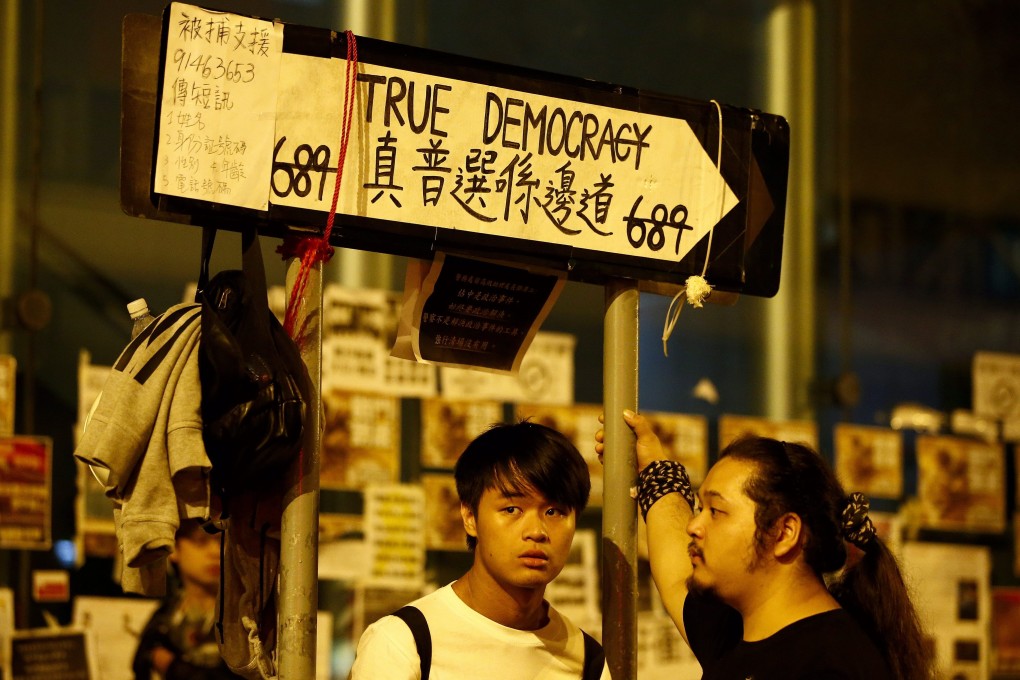Opinion | Communist Party was a true champion of democratic rights - until it came to power
Frank Ching looks at how the Communist Party championed everyone's right to vote - and to be elected - until, that is, it came to power

Proverbs reflect the wisdom of a people, as passed down from generation to generation. Sometimes they can be traced to an individual who is not as well known as the words he or she coined. Few may remember it was the French writer and critic, Jean-Baptiste Alphonse Karr, who noted in January 1849, " ". But most of us know the phrase, "the more things change, the more they remain the same".
This distillation of wisdom popped into my mind recently. In Hong Kong, we have been contending for most of this year with the concept of universal suffrage, when it is fake and when it is genuine. The pan-democrats, citing international norms, tell us that if there is no genuine choice of candidates, then one-person, one-vote is only fake universal suffrage.
This concept, it turns out, is by no means original to 21st-century Hong Kong. In fact, the issue of what constitutes "genuine universal suffrage" was discussed in 1944 - 70 years ago - by the Communist Party. On February 2, 1944, the party newspaper, , carried on its front page an editorial under the headline, "On the Right to Vote".
"In a genuine universal suffrage system, not only must the right to vote be 'universal' and 'equal', but the right to be elected must also be 'universal' and 'equal'," the editorial declared in its first paragraph.
"Not only must people enjoy the equal right to vote, they must also all enjoy the equal right to be elected ... Broadly speaking, the right to vote already includes the right to be elected." In other words, one implies the other. "If the right to be elected is restricted, the right to vote is also being restricted."
The editorial ended, saying that, if there is a precondition as to who can be elected, or if the authorities put forward specific candidates, then even though the right to vote has not been limited, voters have been turned into tools of the election.

